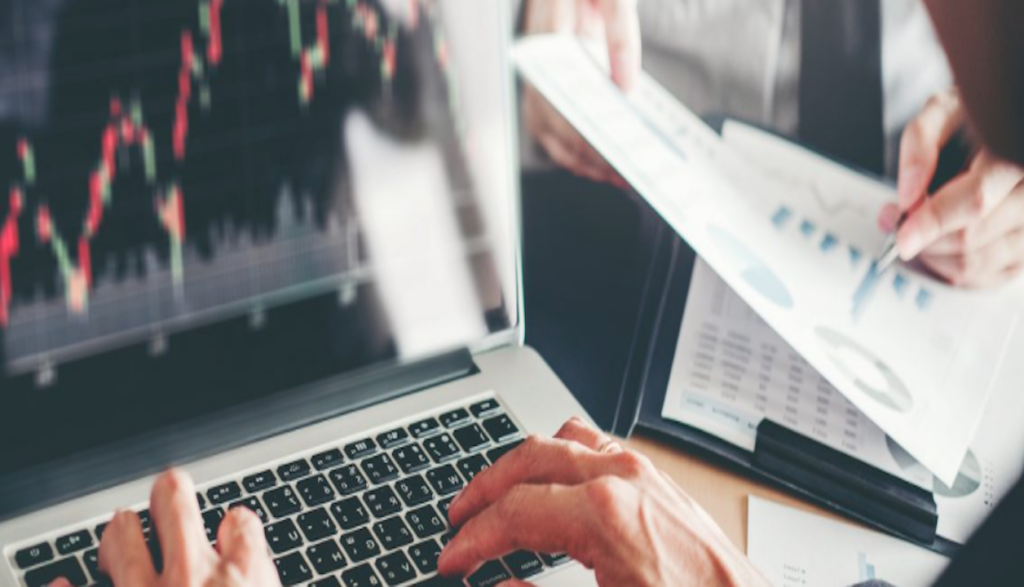What is CFD, and why are people interested in it maybe even more than in Forex? When choosing investment options, CFD is short for Contracted for Difference. While Forex (foreign exchange) and CFD both have benefits that are not so lightly to miss, CFD is a matter of preference and what suits you better. Let’s see what CFD is exactly, explain some characteristics and if it’s something you’d want to use as a trader.
Wider choice of assets
Contents
While at Forex you can trade only with currencies (there are around seventy currencies available, but at the very top are only eight), with CFD you have much more choice with not hundreds, but thousands of different assets accessible. That’s why CFD might appear a bit more complicated than Forex, but once you get into it, you can trade commodities, equities and more. Imagine how many more chances you have internationally if you can include this in your trading plan as well. CFD also includes cryptos, and regular currencies, including exotic ones, next to major and minor.
What about the contract size and what is CFD margin?
CFD offers a deal where you can own a regular contract worth 100 ounces, in case you are trading commodities. Your contract size will depend on what you want to trade with, so if you choose equities, for example, the contract will contain only one share.
Marginis an important term regarding trading since it is a term for the deposit that is required when you want to open and leverage a position using CFD. This way you get full exposure on the trading market, but you’re not putting the trade’s full value. Instead, you reveal only a part of it, and it will be usually marked in the form of a percentage.
In short, margin represents the amount of money you will deposit when you open a CFD position, so if you want to be sure how much money you should deposit, that’s what CFD margin calculator is for. This will be more precise, and it will give you a sense of accuracy you need when you want to invest. It’s important to mention that CFD can include additional commissions, especially if there is a fluctuation connected to a specific asset.
How does the CFD market work?
The CFD market is influenced by world events and how various companies react to them. Fluctuations are constant, and they are heavily affecting what you are trading with. That is why you should also observe what’s going on in politics and economy, so you can gain a sense of what can happen to the asset of your choice, and will it fall under the influence of current events.
What’s important to know
If you are trading the underlying asset, CFD doesn’t give you ownership of it. You are a trader who is trying to guess if the value will increase or decrease. So, don’t confuse buying a contract with owning the asset. The algorithms are similar to Forex ones, and charts will look almost the same. CFD is far ahead of Forex in terms of buying and selling. While on Forex, you can mostly assume if the price will rise, CFD allows you to see whether the price will go lower, so you can take advantage of it.
In Conclusion
In the end, it’s all about your preferences and your experience on the market. Take into account your goals and what you want to achieve via trading. That will give you a better perspective of whether CFD is for you or not. Like we mentioned, CFD requires a bit more experience, but if you are willing to consult with an expert and have some spare time, there shouldn’t be a problem. We advise you to talk about your goals with your broker or financial advisor before you dive into the CFD market, so you can prevent any mishaps or investing more than you can afford. Good luck!

